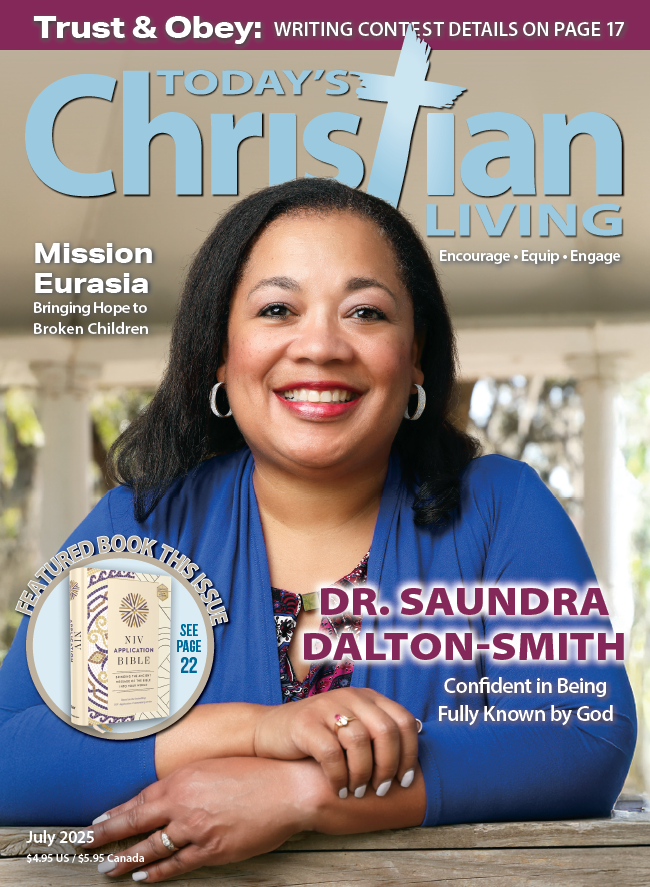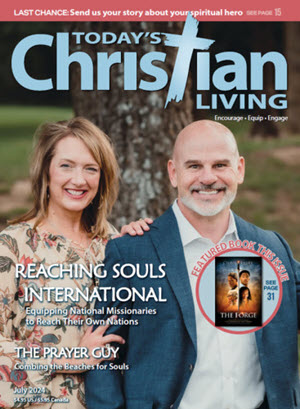As a young adult, I remember being given wise counsel to forgive someone, but I would put it off saying, “I’m just not there yet.” I had been led astray by the great misconception about forgiveness, which is that it should be postponed until accompanied by warm emotions to validate it.
Forgiveness is a Choice of Obedience
None of God’s commandments include feelings, but they all include action. God offered forgiveness to us while we were still His enemies (Rom. 5:10). And our forgiveness is entirely unmerited, given out of His mercy and grace alone (Rom. 5:6–8, Col. 2:13–14). As Christians, we’re to follow the Lord’s example in forgiving others as an act of obedience to Him motivated by our love for Him (Col. 3:13). Withholding forgiveness from someone based on their actions or inactions, or based on waiting for good feelings to bubble up in us, would be a departure from how we claim to live as His followers. Unforgiveness isn’t only sinful (James 4:17), it blocks our fellowship with Him (Ps. 66:18, Matt. 6:14–15, Mark 11:25–26) and shows our ingratitude towards Christ’s ultimate and undeserved sacrifice for us (Matt. 18:21–35).
I used to let my feelings dictate my actions, but now as Christian, I understand that God doesn’t want us to live that way. We are to obey first and not wait for the right feelings. This has been an important lesson for me to learn. Our choice to forgive creates a forgiving heart in us. It’s not fake to extend forgiveness without good feelings already present. It is an act of obedience, knowing that God’s Word is true and following His commands always produces results for our good.
Forgiveness is Worship
Forgiveness isn’t an acceptance of someone’s sin against us; it’s a release from our inappropriate condemnation of the offender. Forgiveness isn’t necessarily a guarantee of reconciliation, but it should be an open door for one. And forgiveness isn’t to be limited (Matt. 18:22). If we trust God to handle our most important need (as my pastor says), which is that of salvation, then surely we can trust Him to bring justice to all offenses according to His will. It is certainly not our job to hold off on forgiveness until we see that the offense has been brought to justice.
Forgiveness is one of our ultimate displays of worship. The deeper, the longer, and the more frequently we extend forgiveness toward someone, and the harder the heart of the recipient, the more powerfully we show the world who we are, and Whose we are (John 13:35).









